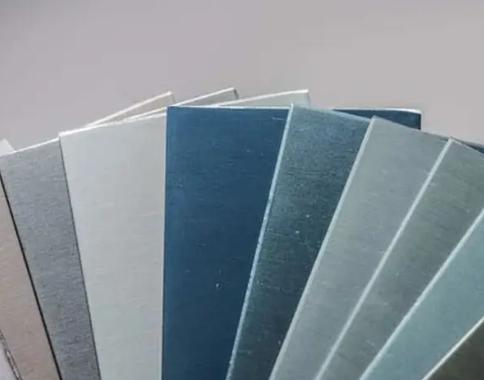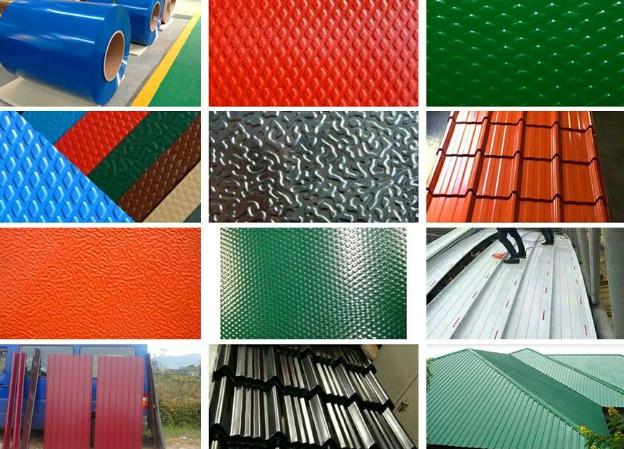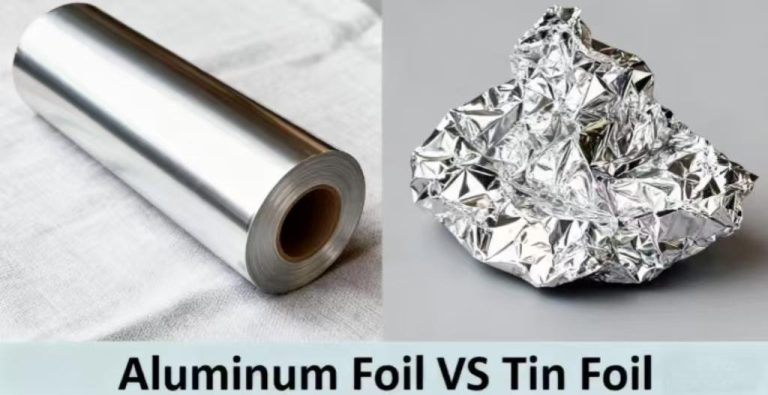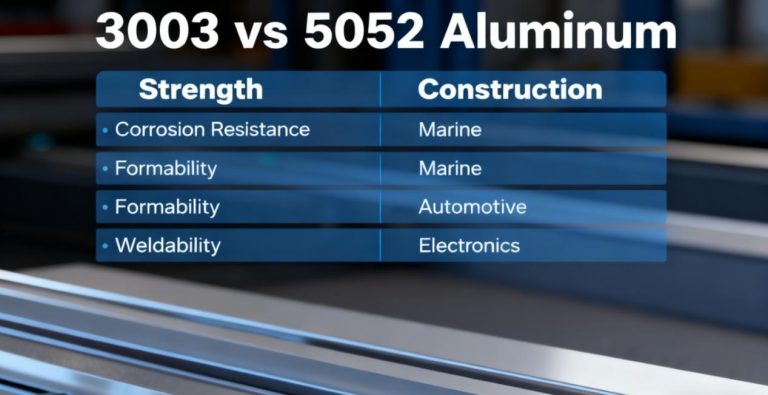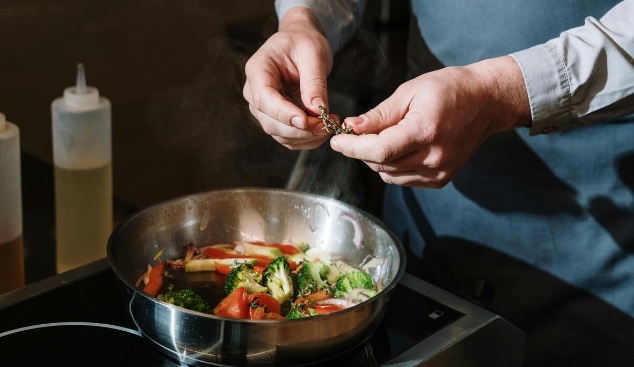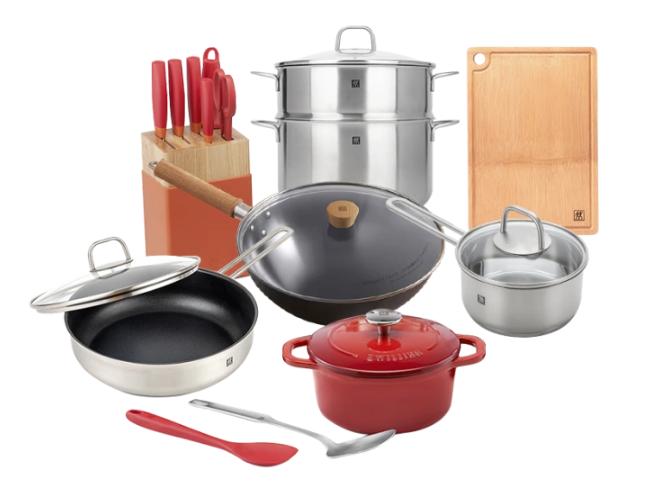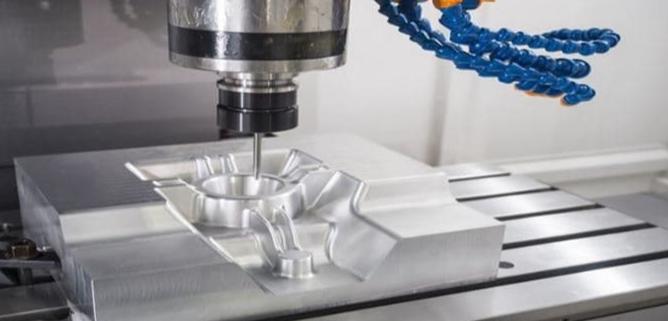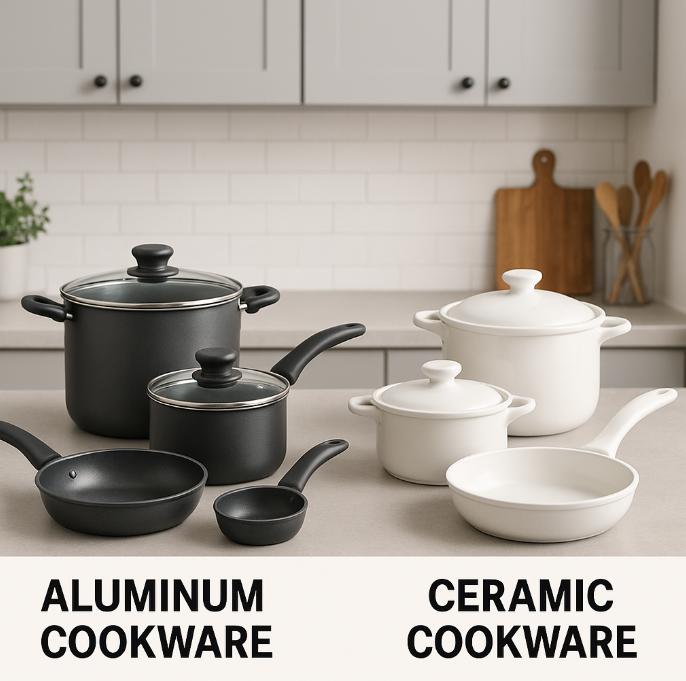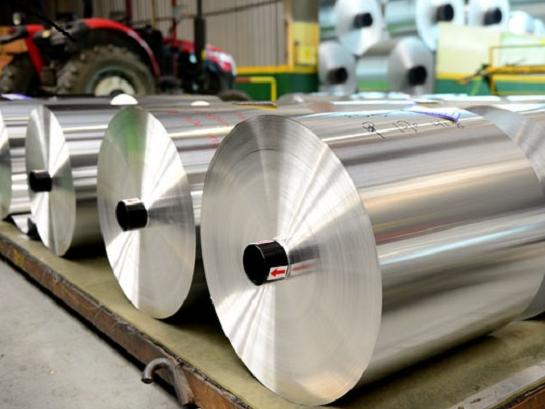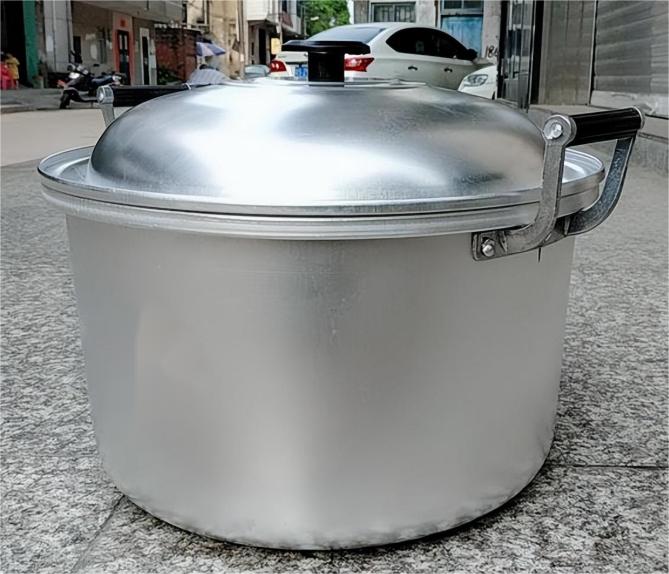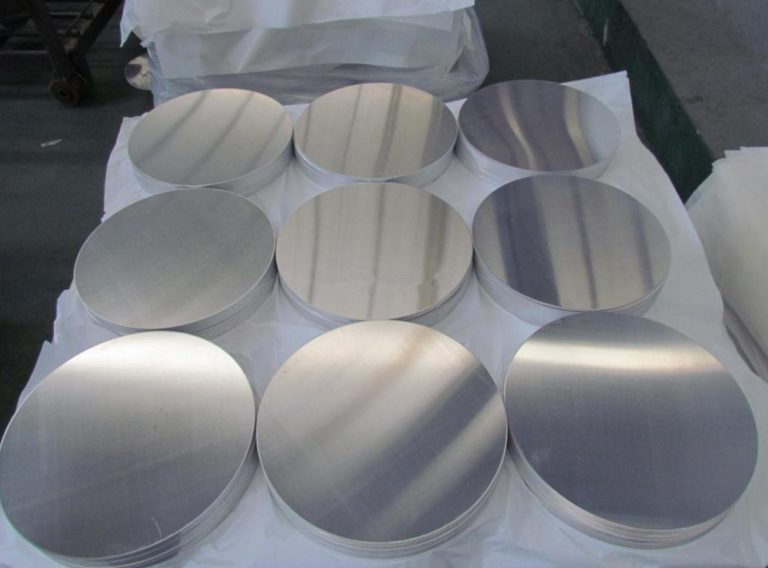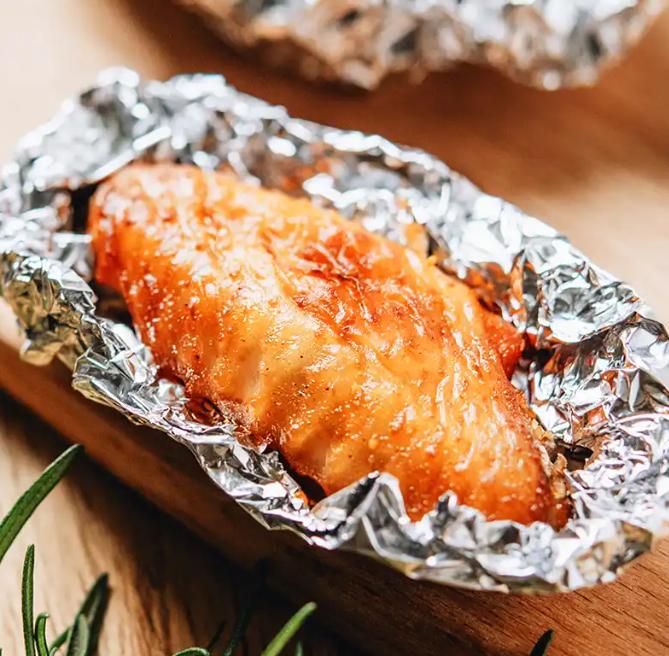What Types of Aluminum Alloys can Be Anodized?
If you work with aluminum for any length of time, this is one of the questions that always comes up: Can this alloy be anodized? The short answer is: Yes, most aluminum alloys can be anodized, but the results vary considerably from one series of alloys to another. In this article, we’ll discuss the best, good,…

